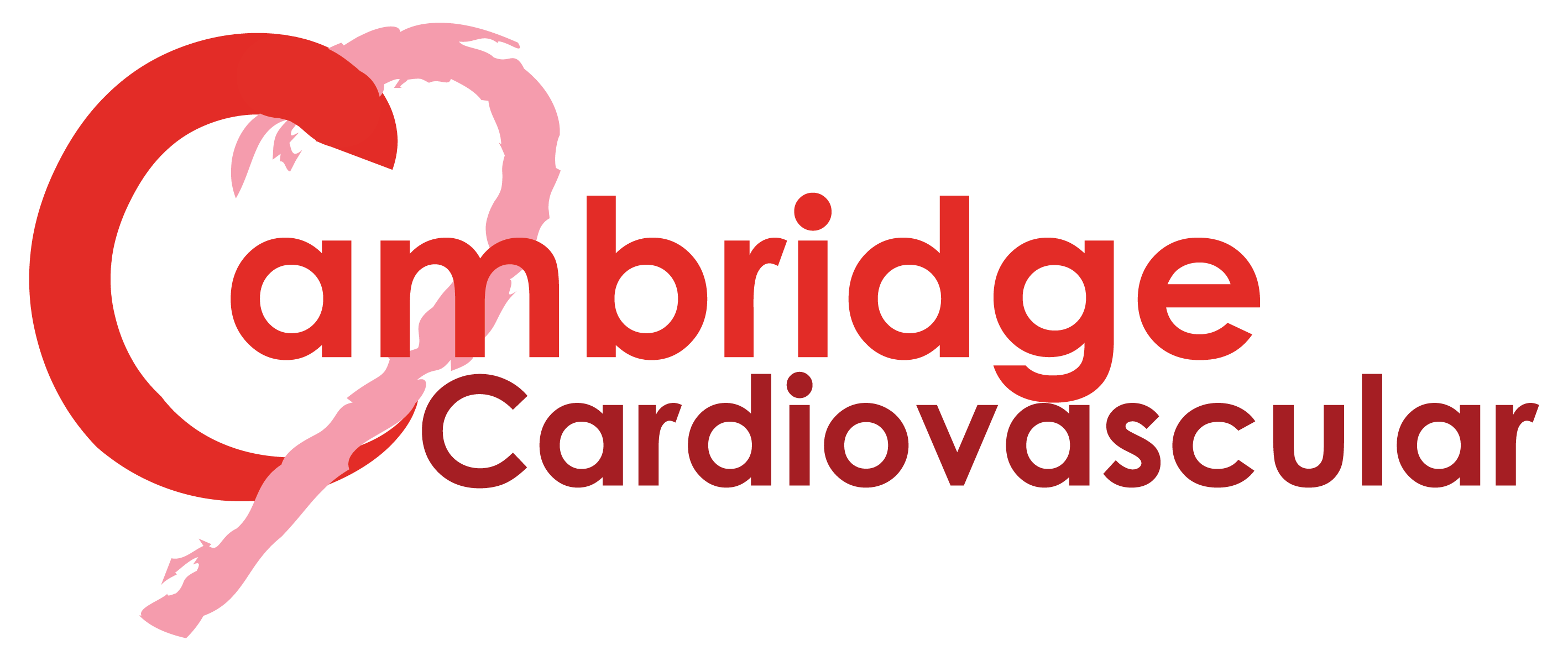Submitted by Vicky Yee K Reid on Fri, 17/09/2021 - 12:41
Cambridge Cardiovascular
Submitted by Vicky Yee K Reid on Fri, 17/09/2021 - 12:41
SREBP1-induced fatty acid synthesis depletes macrophages antioxidant defences to promote their alternative activation
Immune cell activation defends the body against foreign agents such as bacteria, viruses, or parasites. However, excessive immune cell activation is detrimental, contributing to obesity and diabetes-associated cardiometabolic complications and cancer progression. Therefore, understanding how immune cells tune their activation is essential to develop safe therapies for many human diseases.
Modulating immune cells' metabolism might offer the unique opportunity to fine-tune the immune system to more efficiently treat these diseases or avoid damage induced by excessive immune activation. The fundamental question was how non-specialised housekeeping metabolic pathways controlled inflammatory activation.
In our recent collaborative study, Guillaume Bidault et al. studied the metabolism of a subset of macrophages, called alternatively activated macrophages. These macrophages are essential to eliminate parasites, regulate insulin sensitivity and cardiometabolic complications or promote an immune-tolerant microenvironment that facilitates tumour growth and metastasis.
Guillaume discovered that the proper activation of these macrophages requires activating a metabolic process named de novo lipogenesis, a mechanism that transforms glucose into fat, and showed that blocking fat production shuts down the capacity of these macrophages to become active.
In collaboration with a team at the MRC LMB, we show that mice with a reduced capacity to make fat in their macrophages failed to defend themselves against parasitic infection and developed a more severe form of the disease. The mystery was how making fat contributes to activate these macrophages. A crucial insight was that when macrophages make fat, they cannot detoxicate oxidative stress and that by increasing fat production, macrophages use high amounts of a molecule named NADPH, which is also necessary to buffer oxidative stress. As a result, when macrophages make fat, they also accumulate reactive oxygen species, essential to control macrophage activation. This study shows that housekeeping lipid anabolic pathways regulate a macrophage specialised inflammatory function through its effects on redox status. The next question is whether this mechanism is also relevant in other diseases and whether making fat can regulate specialised functions in other cells that can make their own fat (almost every cell in the organism!).
#macrophage; #DNL, #ROS #IMS #alumnirelations, #MRC #BHF

We connect cardiovascular researchers in Cambridge and beyond.
For inquiries about our research, please contact Dr Jane Sugars
For enquiries about our website or joining Cambridge Cardiovascular, please contact Denise Hatherly
Please follow us here on X for local news about research, events, funding calls, and open positions.
You must be logged into X to see our feed here:
Site Privacy & Cookie Policies
Information provided by:
webmaster@cardiovascular.cam.ac.uk
Cambridge Cardiovascular Logo design by Dr Ana-Mishel Spiroski and Dr Sarah Morgan

© 2024 University of Cambridge